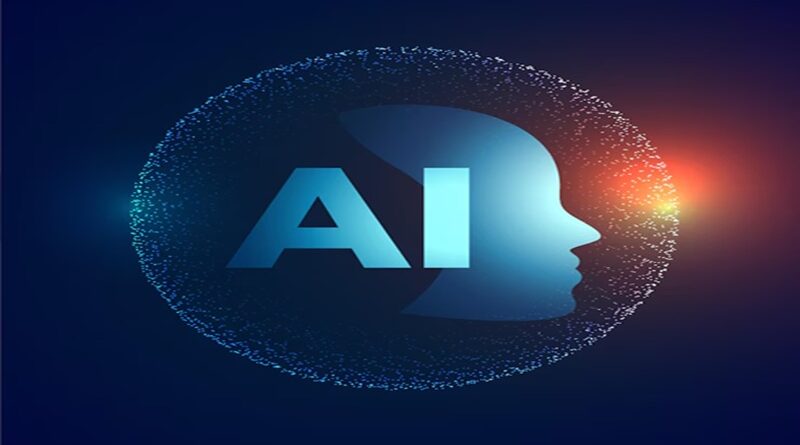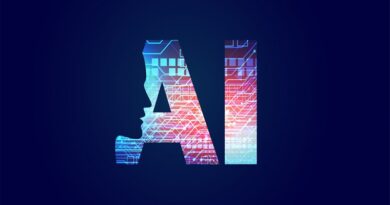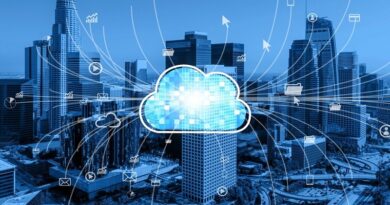IBM Selects 5 Urban-Sustainability Nonprofits for AI-Powered Enhancements
IBM has selected five urban-focused nonprofits to receive AI-powered support from its sustainability program in their respective missions to help the world’s most vulnerable populations.
The organizations were chosen based on the level of support they provide to the communities they serve, as well as the ways they intend to use AI to build more resilient cities. The two-year program, known as the IBM Sustainability Accelerator, provides recipients access to IBM technology, such as AI and hybrid cloud, as well as its experts, in order to accelerate and scale up their efforts to bring change.
The awards follow IBM’s 2024 request for proposals for projects that seek to make cities safer, more resilient and more sustainable, in keeping with the United Nations Sustainable Development Goal 11. The recipients, which were chosen from more than 100 applications, are:
- C40 Cities, which is a network of almost 100 mayors from around the world. The group will work to create a data-driven, AI-powered solution to analyze risks arising from extreme heat and the urban heat island effect. The solution will help cities develop strategies to deal with these risks, which include increased mortality rates, socioeconomic disparities and overburdened energy resources.
- Janaagraha Centre for Citizenship and Democracy, an Indian nonprofit that works with citizens and local governments on technology, urban governance and public projects. The Accelerator will help the organization build a city data and analytics platform that uses consolidated city-level data to help decision makers determine the best use of local resources and improve sustainability in future urban development.
- Kota Kita, an Indonesian organization that promotes sustainable, democratic and equitable cities. The nonprofit and the Accelerator will develop new AI models to help citizens who are exposed to climate stress. The models will take into account factors like natural disasters, demographic growth and access to clean water in order to boost resilience-building initiatives and ultimately implement new projects that reduce the vulnerabilities of local communities.
- Mass General Brigham, a nonprofit healthcare system that is the largest hospital-based research organization in the United States. Together Mass General and the Accelerator will develop an AI tool to help healthcare systems and community health centers deal with extreme heat. The tool will be used to predict hyperlocal extreme heat events, identify at-risk patients and send them automated warnings when an event is imminent.
- U.N. World Food Programme, the world’s largest humanitarian organization. In this case, the Accelerator will help the organization enhance its GeoTar geospatial tool, which creates vulnerability maps used in operational decisions on getting aid to the populations most in need of it, with advanced AI and data capabilities. The new features will be used by the program’s country offices, which are combating global hunger and improving food security, which can be disrupted by environmental disasters.




